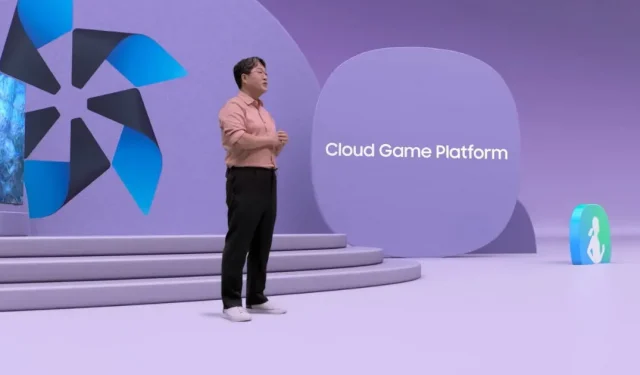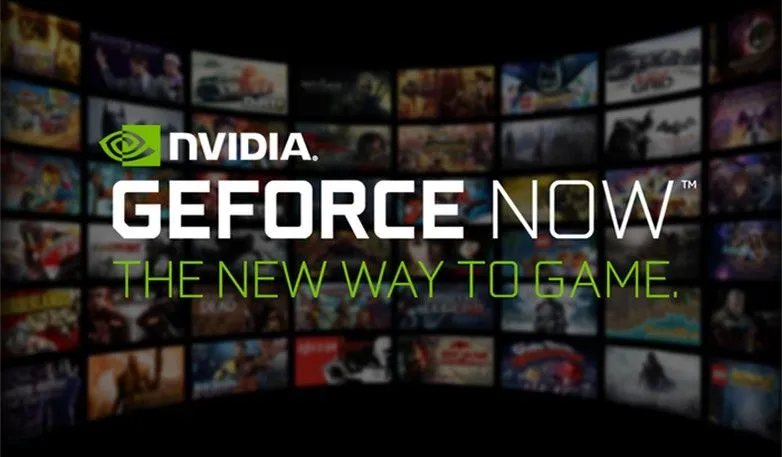Samsung launches cloud gaming with new platform announced for Tizen Smart TVs

For now, cloud gaming has solidified its position as the next frontier for gaming, with many big players involved, including Samsung, which just announced a new cloud gaming platform for Tizen TVs. During the keynote, Samsung unveiled its plans to enter the cloud gaming market with Tizen TVs capable of supporting cloud gaming, allowing users to play games without buying high-end hardware.
Leading the way in cloud gaming are NVIDIA and Xbox with GeForceNow and xCloud, respectively. So far, the reaction of the gaming audience as a whole ranges from cautiously optimistic to positive, as there are many problems that need to be solved in cloud gaming. Samsung expressed interest in embracing cloud gaming back in 2020, and now their plans look like they’re about to come to fruition.
New Samsung brings cloud gaming to Tizen TVs
Watch the Cloud Game Platform announcement from 25:20.
So far, Samsung hasn’t divulged too much about its cloud gaming platform, only that it will be available on Tizen TVs. It is not clear which regions of the world will actually have access to the cloud gaming platform, as some regions are not yet able to experience cloud gaming at its best.
Services like GeForceNow are only available through VPN services, which means increased latency and performance limitations across the board. Information and details about the new cloud gaming platform are still scarce, but it is likely that Samsung will reveal more information in the next few months.

Cloud gaming solves a ton of problems and is definitely one of the most exciting prospects currently in the gaming industry. It’s easy to sell to every player as it reduces setup/load times, eliminates hardware requirements, and offers tons of benefits with its regular subscription service model. It will be interesting to see what games Samsung’s cloud gaming platform ultimately supports, and whether it wants to compete with GeForce Now and xCloud or offer completely different services.
Leave a Reply